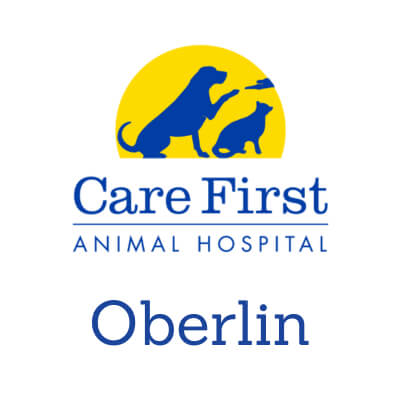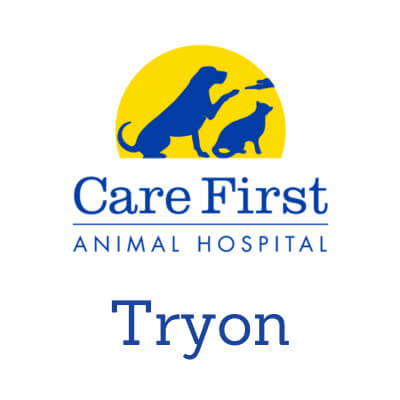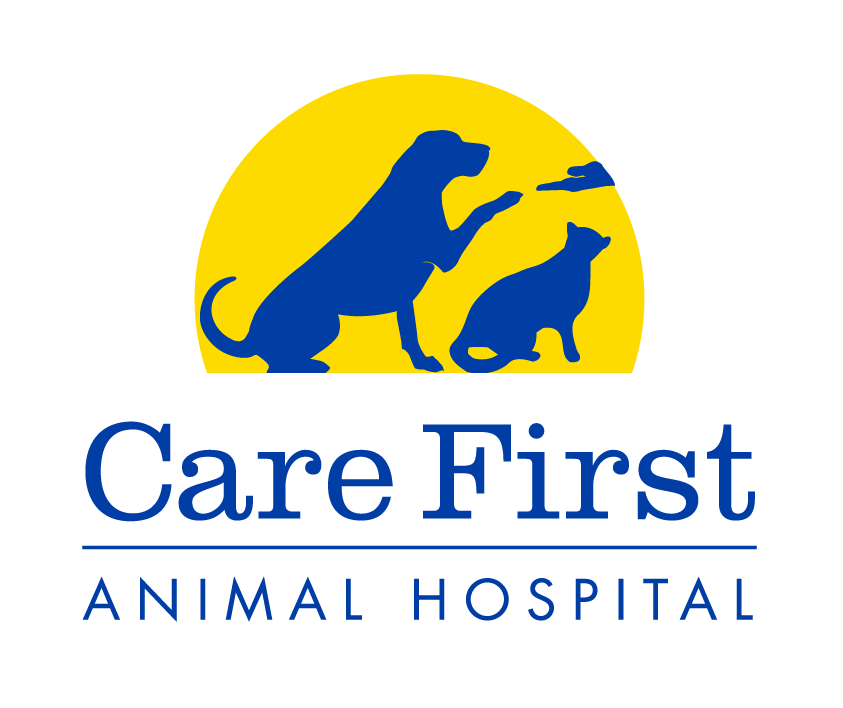- Phone numbers—Your current veterinarian, emergency clinic near your destination, ASPCA poison control (1-800-426-4435)
- Your pet’s paperwork—copies of vaccine history and medical records, copy of rabies certificate
- Extra leash, collar/harness
- Muzzle to prevent biting—even the sweetest dog may bite if painful or scared
- Ice pack
- Gloves
- Thermometer and lubricating jelly to obtain a rectal temperature (Normal is 101-102.5 F)
- Nail trimmers—nails can be easily broken or torn during activity
- Towels/blankets
- Tweezers—can help remove ticks or foreign material from wounds. Use rubbing alcohol to clean the area and kill the tick after it is removed
- Hydrogen peroxide to induce vomiting—you will need to call to obtain dosing for your pet’s size and to make sure that it is safe to induce vomiting depending on the substance ingested
- Medications:
- Antibacterial ointment
- Diphenhydramine (Benadryl)—can help decrease the severity of allergic reactions or itchiness from insect bites, will need to call to obtain dose for your pet
- Extra supply of any medications your pet is routinely taking
- Diabetic pets—Extra insulin, extra syringes, Karo syrup in case of a hypoglycemic episode



